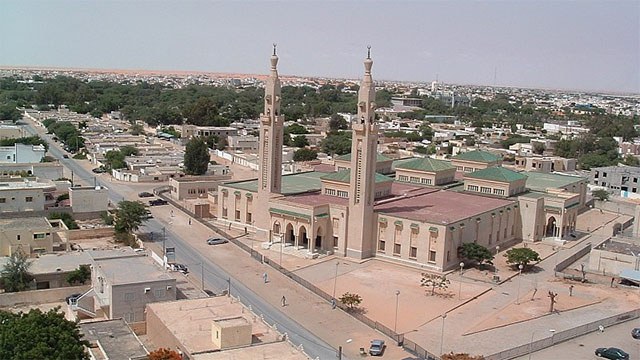In 1981 Mauritania became the last country on earth to officially abolish slavery, yet despite it being illegal the country still has one of the highest rates of slavery in the world. The Global Slavery Index from 2016 estimates that Mauritania has 43,000 people living in slavery. Gulf News reports:
“It is not that the government is not alive to the situation; in 2007, it even passed an anti-slavery law. And, as recently as August 2015, Mauritania’s National Assembly approved a revised anti-slavery law allowing for stiffer sentences for officials who do not investigate cases of slavery, and for public officials who commit acts of slavery. But the authorities have been accused of not doing enough to enforce the law, or of applying it selectively. This has meant that there have only been two successful prosecutions for the crime of slavery to date, one under the 2007 law and one under the 2015 one.”
Sarah Mathewson, the Africa Program Manager at Anti-Slavery International, explained, “Even these two cases were not a complete success as the sentences were extremely lenient; two years’ jail in the first case — only confirmed on appeal after five years, with the case still ongoing — and five years for the two slave-owners in the second prosecution, with four years suspended.”
Slaves in Mauritania inherit their status from one generation to the next. Deep ethnic, race, and class divisions in society fuel this hierarchy.
For slaves in Mauritania, it is extremely difficult to run away from slavery. Subjugation to their masters is total, and even those who have escaped slavery are seen as being part of the “slave caste” and are socially ostracised. People who were born into slavery have no birth certificates, they cannot access education or any other public services.
Even in cases where police investigate cases, victims and their abusers are often interviewed together, placing enormous pressure on the victim. ‘Masters’ that do end up being arrested are usually released on bail, with no follow up proceedings.







Freedom United is interested in hearing from our community and welcomes relevant, informed comments, advice, and insights that advance the conversation around our campaigns and advocacy. We value inclusivity and respect within our community. To be approved, your comments should be civil.
Yes, where is the u.N. in surveilling and enforcing international laws regarding slavery so that this madness can stop in Mauritania, once and for all.
Es inutil cualquier comentario que se de haga, todos coincidiremos en maldecir el comportamiento de de los abusivos y condenaremos a los que ejercen la exclavitud en cualquiera de sus formas.
Lo mas indignante es que la ONU no tome cartas en el asunto, que solo disimule y sea sordo y ciego ante las evidencias, lo cual lo convierte en cómplice o padrino o aval
As I write these words, 20 percent of the Mauritanian’s population (total population =4000000) are considered as slave, they don’t have any rights whatsoever. They do all hard jobs without getting paid, women can be abused by their masters, children don’t go to school, the slaves live in difficult conditions: no electricity, no running water meaning that they can stay days or weeks without taking shower. It is a humanitarian crisis and we should do something to help them.